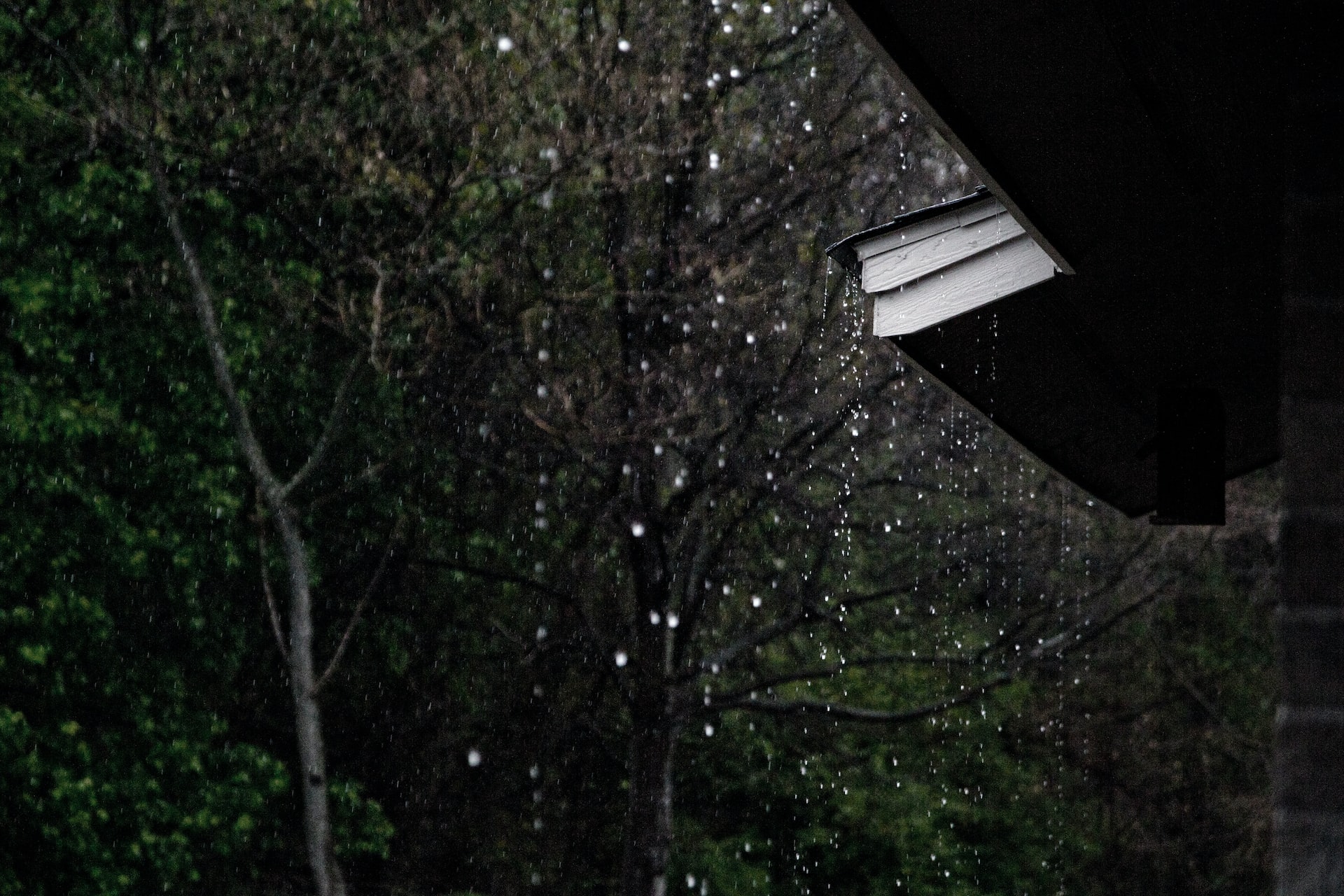Mental health can be a delicate topic, but it's especially important for elderly people. The mental health of the elderly is impacted by many different factors and the weather can be one of them. This article examines how weather changes—whether it's due to seasonality or extreme weather events—can affect mental health in older adults. We'll …
Mental health can be a delicate topic, but it’s especially important for elderly people. The mental health of the elderly is impacted by many different factors and the weather can be one of them. This article examines how weather changes—whether it’s due to seasonality or extreme weather events—can affect mental health in older adults. We’ll discuss what mental health issues are most common among the elderly, how different types of weather can trigger mental health issues, and some tips on how to best manage your mental well-being as you age.
The mental health issues that are most commonly seen in the elderly include depression, anxiety, and cognitive decline. These conditions can have a major effect on their quality of life and prevent seniors from maintaining their independence. Unfortunately, mental health problems tend to become worse as a person ages due to physical and mental changes that occur with age.
In addition to these issues, the weather can have an impact on mental health in older adults. The mental health effects of weather-related changes may be subtle, but they can still have a significant impact on mental well-being.
Impacts of Winter Weather
Winter weather can impact the mental health of the elderly. During this time of year, seniors may suffer from Seasonal Affective Disorder (SAD). This is a type of depression that is caused by reduced exposure to sunlight. Seasonal changes can also make existing mental health issues worse, as low temperatures and shorter days can lead to loneliness and isolation.
In addition, winter weather can be dangerous for seniors due to an increased risk of falls and other accidents related to slippery surfaces or icy roads. This can lead to anxiety and fear while outside, which is especially troubling for those who rely on walking or public transportation. Finally, extreme cold can increase physical pain and discomfort—which can further contribute to mental health issues
How Summer Weather Impacts Mental Health
Summer weather can also damage the mental health of the elderly. High temperatures, humidity, and air pollution can cause dehydration, exhaustion, and confusion—all of which can trigger mental health issues. In addition, extreme heat waves can be dangerous for elderly people due to an increased risk of heat stroke or other medical emergencies.
Tips For Managing Mental Health During Changing Weather Conditions
There are a few key steps seniors can take to help manage mental health during changing weather conditions.
First, elderly people need to stay active and maintain social connections even in inclement weather. This can help reduce feelings of loneliness or isolation that may occur due to being stuck inside on cold. Exercise has also been proven to reduce symptoms of depression and anxiety. So, participating in activities such as walking or light weightlifting can be beneficial for mental well-being.
Second, seniors should make sure they get enough restful sleep and practice healthy eating habits. Eating nutritious meals and getting adequate rest can make it easier for seniors to cope with mental health issues. Finally, it is important to pay attention to mental health warning signs such as sadness or changes in eating habits. If any of these signs are present, it is important to consult a mental health professional for help.
The Victoria Grand Care Home
At The Victoria Grand Care Home, we understand that the mental health of our residents is of paramount importance. So, we ensure that mental health is taken seriously, with mental health professionals on hand to provide advice and support. In addition to this, we have a comprehensive program of activities designed to keep our residents both physically and mentally active. This includes a variety of indoor and outdoor activities tailored for seniors. These are particularly important when the weather worsens, which can worsen our mood as a result.
One way in which we look after mental health in the elderly is through peer support. Our residents are encouraged to be open and honest about their mental health issues with their peers. We find that this allows us to provide emotional support when needed. We also have weekly mental health meetings. Residents can speak freely about any mental health challenges they may be facing. Therefore, allowing them to gain invaluable insight from their fellow residents.
Additionally, we organise regular activities and outings to stimulate mental well-being. These help with mental health in the elderly by providing a mental and physical challenge. Additionally, they provide an opportunity to socialise. This helps keep our residents engaged and connected, which is important for mental health.
Contact Us
Mental health in the elderly can be significantly impacted by changes in weather conditions, both positive and negative. To reduce mental health issues resulting from inclement weather, seniors need to stay active and maintain social connections despite the changing weather conditions. Additionally, mental health professionals should be consulted if mental health warning signs are present.
At The Victoria Grand Care Home, we understand the importance of mental health in the elderly and have implemented a comprehensive program of activities designed to keep our residents mentally healthy all year round. If you would like to learn more about our residential and respite services at The Victoria Grand Care Home, contact us on email or 01903 248048. We would love to discuss our services with you and welcome you to take a look around the home for yourself!



